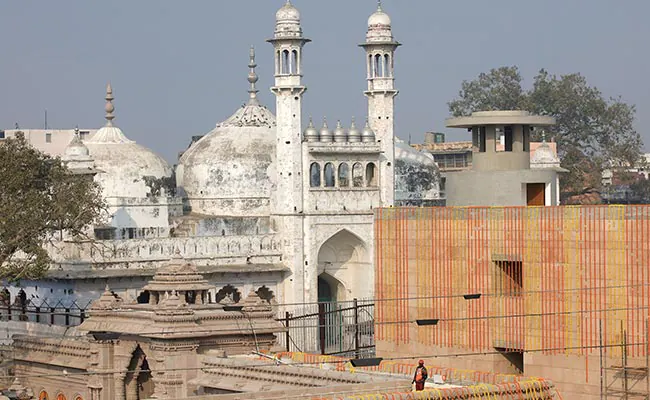Nithyakalyani Narayanan. V
On January 24, a district court in Varanasi issued an order requiring the parties to the mosque dispute to receive access to the scientific survey report that the Archeological Survey of India (ASI) had prepared on the Gyanvapi mosque in July 2023.
Access to the report for all parties involved in the case is mandated by Justice AK Vishvesha’s ruling –“Both the parties to the suit must be provided copies of the survey report so that they can file objections against the ASI report, if they think it proper. Without providing copy of the survey report to the parties, it will not be possible for them to file objections against it,” the Court observed.
The Court stated that the appeal clerk might access the sealed envelope containing the survey report that the ASI supplied for this reason.
The Director of the ASI was directed by the court in July of last year to carry out a scientific study of the Gyanvapi mosque premises, with the exception of the area that the Supreme Court had previously blocked off (wuzukhana or an ablution pond). The survey was conducted by the ASI in accordance with the same.
The Supreme Court dismissed the Muslim party’s appeal against the survey in August of last year, stating that the High Court’s order for the study did not merit the Supreme Court’s intervention at this time and that a survey of this kind had already been carried out in the Ayodhya case.
The Muslim parties also filed an application under Order VII Rule 11 of the CPC contesting the suit’s maintainability, arguing that all religious structures’ status as of August 15, 1947, should be preserved by the Places of Worship Act of 1991, which was introduced during the height of the Ram Janmabhoomi movement.
The suit was deemed maintainable by both the district court and the High Court, which had rejected the same.
Click here to access the previous article on the Gyanvapi-Kashi Vishwanath case.

